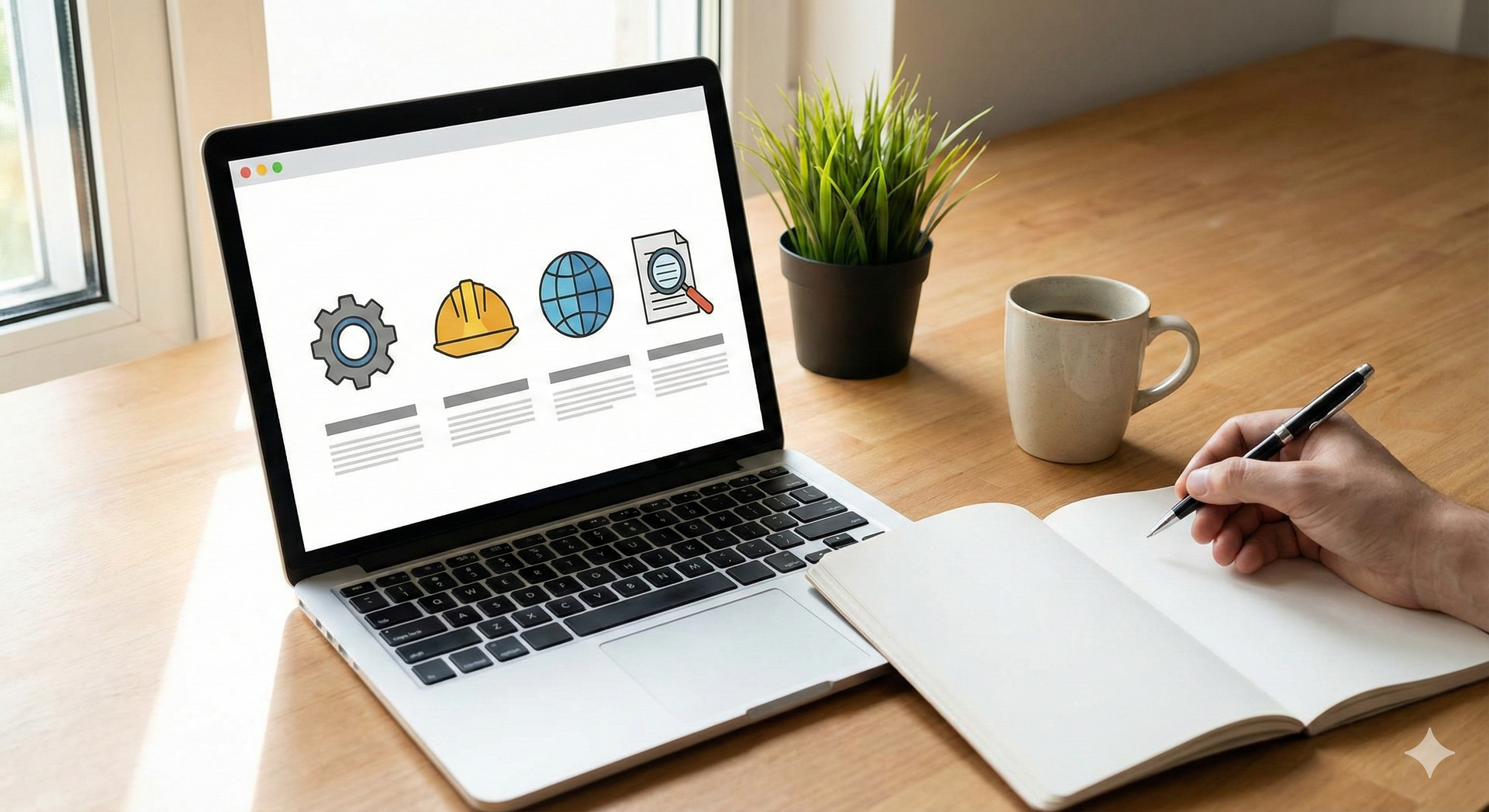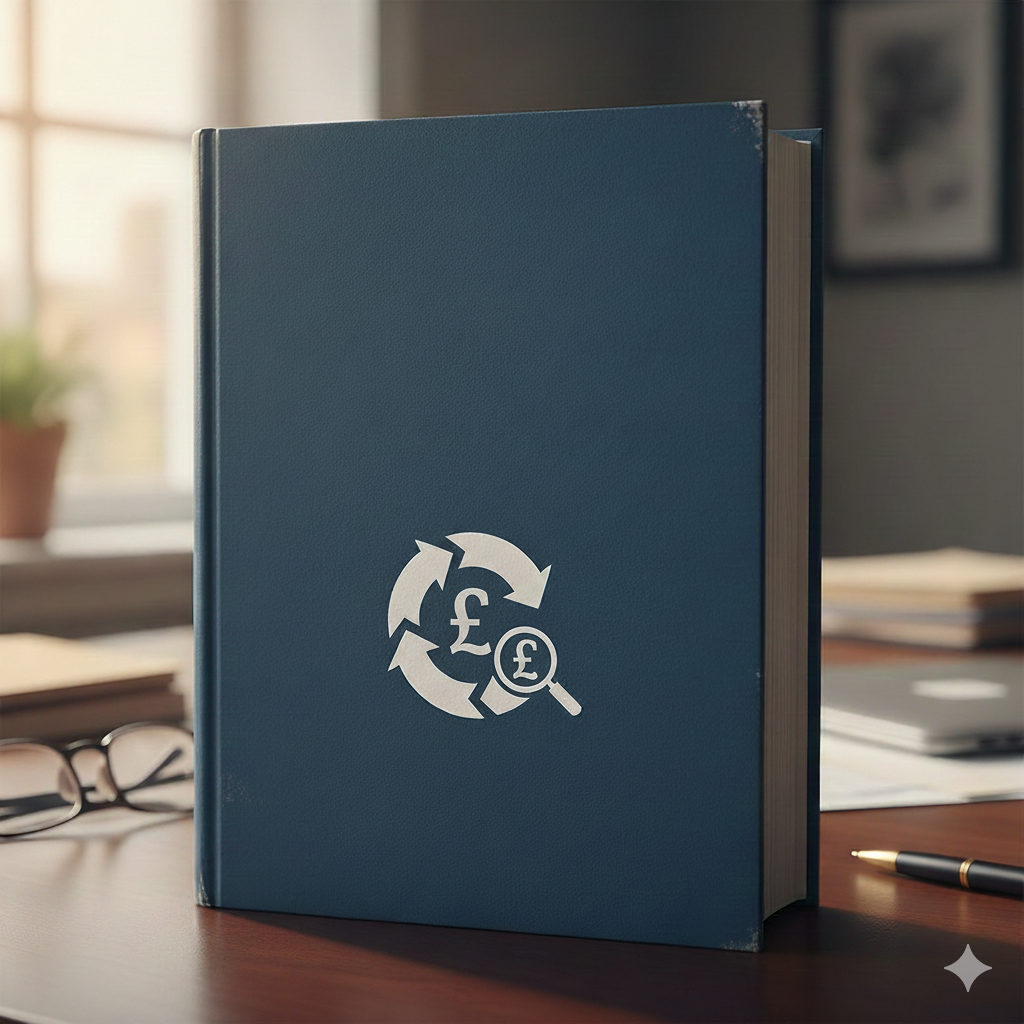A Guide to VAT for Contractors
Galexia Digital • July 27, 2017
Now I’m not going to lie to you – if I had to put every tax in order of favourite to least favourite (which, granted, is one of the duller games we Accountants like to play), then VAT would be bottom of the list! This little gem can be a minefield, so it’s important to stress that everyone’s situation is different; if you have a specific question surrounding VAT, speak directly to your Accountant who can guide you…whether they like it or not!
However, if you are a contractor just starting out or perhaps nearing the threshold for compulsory registration, there are some key points for VAT you should consider first, namely:
- Should I register for VAT? and
- Should I go Standard or Flat Rate?
When to Register
For 2018/19, the threshold for compulsory VAT registration is £85,000 so to assess this you should look ahead to the next 12 months and try to gauge what you expect your turnover to be. If your sales are likely to be in this region or more, then register straight away.
You can also register voluntarily regardless of your anticipated turnover (provided you are trading) in order to benefit from being on the Standard or Flat Rate scheme which will help you operate as tax efficiently as possible.
However, voluntary VAT registration isn’t for everyone. If you are working directly with the public, then charging 20% on your invoices may deter future business.
Furthermore, regardless of the benefits of being registered, if your business activity is minimal, perhaps a hobby or part-time job, or likewise if your workload is very high then you may prefer to simply not bother – whilst your Accountant should prepare and file your VAT return for you, it is ultimately one extra thing to think about each quarter.
How to use the Standard Rate Scheme
When registering for VAT, unless you opt otherwise you will automatically be placed onto the Standard Rate. Under this scheme, you will charge 20% on your invoices which are then paid over to HMRC… think of yourself as the Sherriff of Nottingham here – you are collecting the VAT and paying it over to King John…boo!
The amount you pay over to HMRC, however, can be reduced by any VAT you incur on your expenditure, and here’s where you can make some additional profit throughout the year.
It’s important to note that VAT won’t be incurred on all of your expenses and, if it is, it may not always be at the standard 20% rate so you will need to base your VAT reclaim on the receipts themselves. As a general rule, VAT is not typically reclaimable on:
- Business entertainment
- Insurance
- Public transport
The Flat Rate Scheme
As an alternative, the Flat Rate Scheme attempts to simplify this by paying a fixed percentage, according to trade, of your sales over to HMRC, so VAT is no longer reclaimed on your expenditure (with the exception being any capital purchases of £2,000 or more).
For instance, if you are an IT contractor you would have a fixed percentage to use of 14.5%*. Let’s say you raise an invoice for £1,000 + VAT (£1,200 in total). Under the Standard Scheme you would have to pay £200 over to HMRC less any VAT you have recorded as incurred on your expenses, yet under the Flat Rate, you simply pay £174 (£1,200 x 14.5%)… no muss no fuss.
But (sorry people there’s a but here now), this easy-peasy method has been complicated since April 2017 by the introduction of HMRC’s Limited Cost Trader classification. Going forward, your fixed percentage will only be based on your trade if you are not deemed a Limited Cost Trader, which HMRC define as a business with gross expenditure on ‘Relevant Goods’ of:
- less than 2 % of their Vat inclusive turnover, or
- greater than 2% but less than £1000 per annum.
What are ‘Relevant Goods’ I hear you ask? Well, these don’t include:
- Travel and accommodation
- Subsistence – food and drink
- Motor vehicle costs including fuel, mileage, lease payments
- Internet, phone bills and accountancy fees
- Training and memberships
- Gifts, promotional items and donations
- Office equipment, laptops, mobile phones and tablets
OnTheGo Advice
There is a silver lining of course, when registering for VAT you will benefit from a discount of 1% for the first 12 months so even if you fall within the Limited Cost Trader classification, this will bring your Flat Rate down from 16.5% to 15.5% – whilst this doesn’t sound like much, the percentage reduction will make a notable difference in profit made from VAT.
If tax efficiency is your main drive, then following your first year of registration you can then switch over to the Standard Rate scheme and reclaim on your expenditure. If the prospect of the additional bookkeeping associated with this puts you off though, you can simply remain on the Flat Rate – you will still make a profit from the VAT by being registered although, depending on your expenditure, it is likely to be slightly less.
A note to existing OnTheGo clients here, as your bookkeeping is included within your accountancy package you will not see an increase in workload by going onto the Standard rate scheme…hooray!!
Our advice, as always, is one size doesn’t fit all – give us a call on 03330 067 123 to go through your personal circumstances and we can guide on the best VAT route for you.





